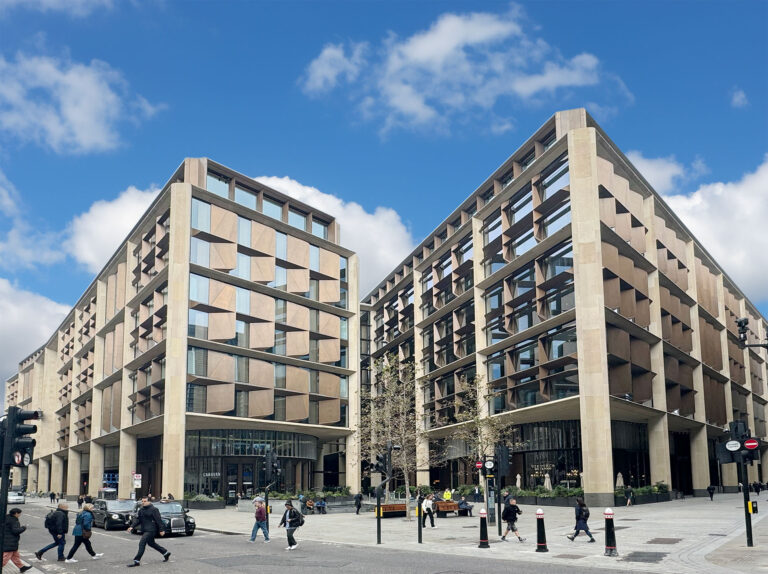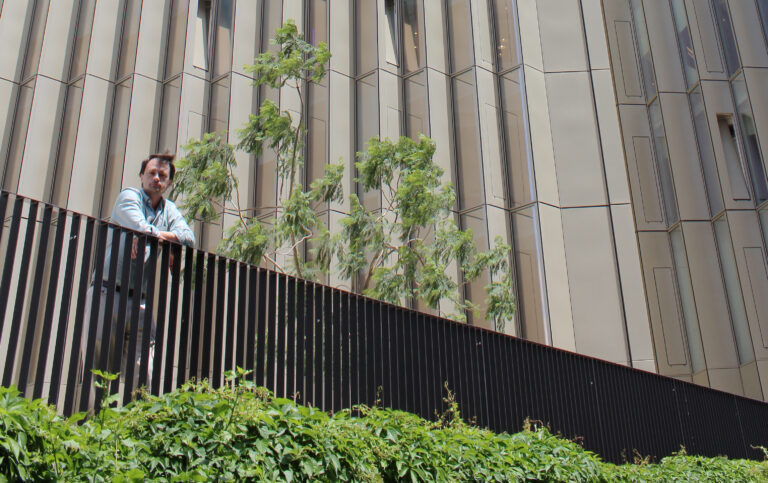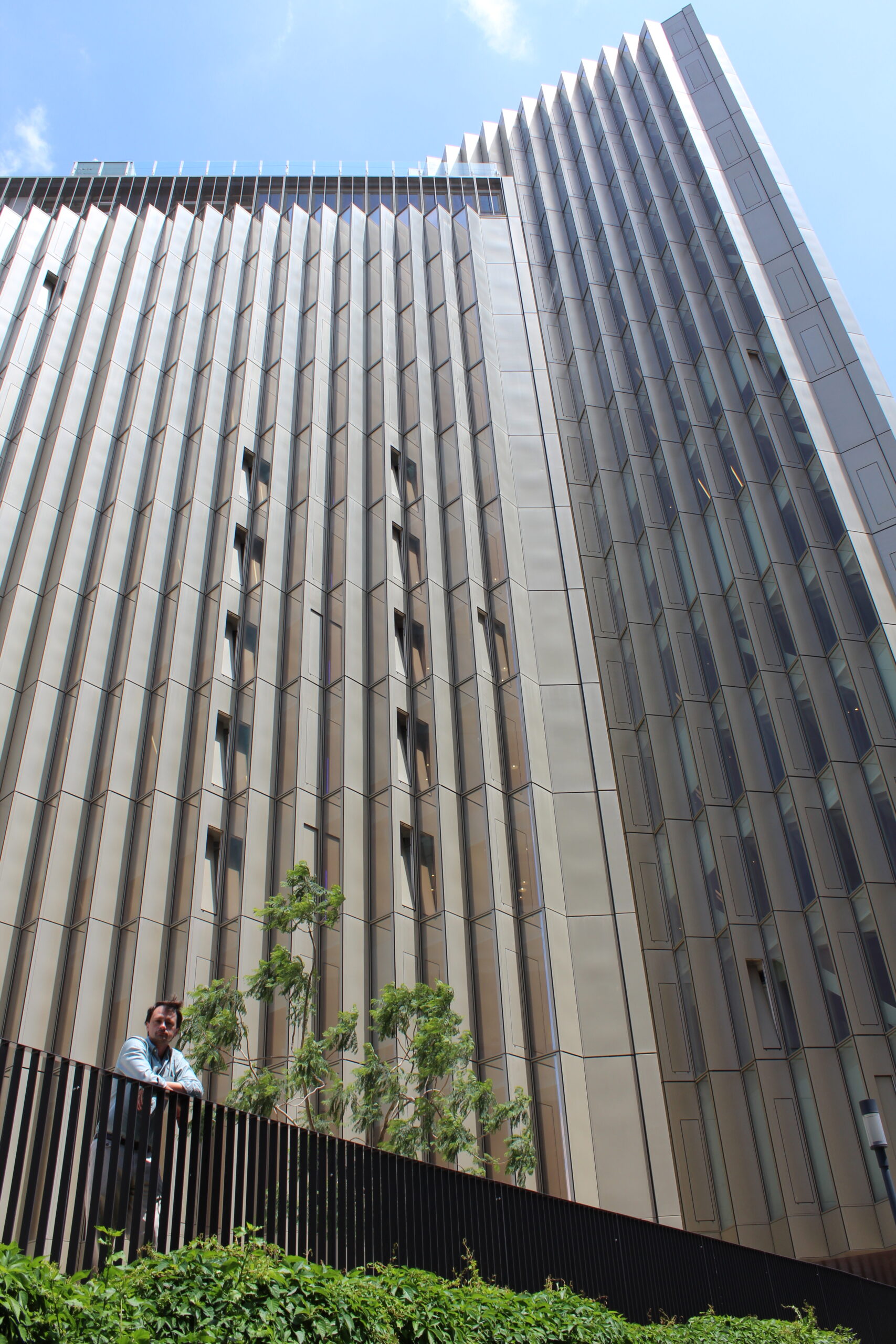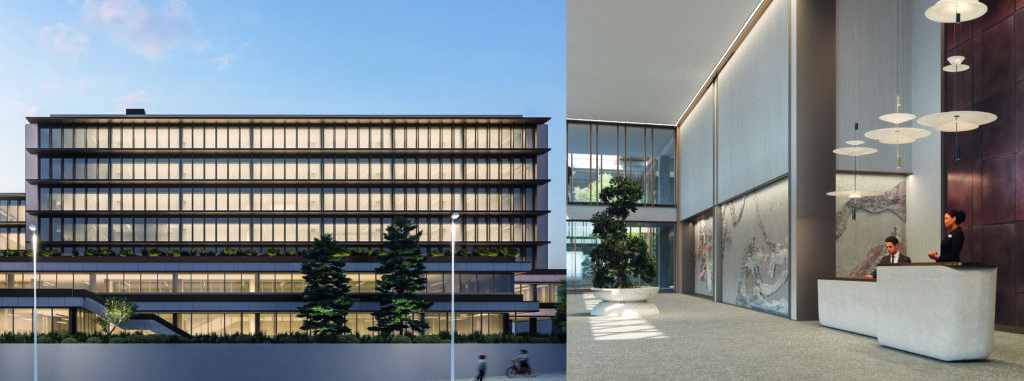Summer 2023
Francisco has overall responsibility for leading Osborne+Co’s investment activities in Portugal, from origination and negotiations with sellers and buyers, to closing deals and implementing business plans.
A seasoned real estate investment professional, his involvement in the sector began with a change of direction and a move back to his native Portugal. This followed a previous career in structural engineering which had taken him to London where his last major project was Norman Foster’s prestigious new HQ for Bloomberg.

After some years at Norfin, a leading Portuguese real estate investment management company, he held positions at several firms, including Lone Star and Round Hill Capital, all based in Lisbon but with a strong international dimension. His experience has encompassed a wide range of yield and investment strategies from distressed commercial properties to large portfolios from banks and insurance companies, as well as second home/hospitality developments in the Algarve.
Two major projects stand out. One, at Norfin, was the complex analysis and underwriting for a large portfolio put on the market by the Portuguese insurance company, Tranquilidade. This was largely focused on historical properties in the rundown Lisbon City district which, thanks to careful investment, is now vibrant and flourishing. At Lonestar, he joined a team handling a €3 billion property portfolio from the failed Novo Banco. The challenge, in this case, was protecting the assets, dealing with the problematic, validating or adjusting other valuations, and splitting the portfolio into sellable packages.
The insights Francisco acquired into the selling side of the real estate investment business have proved invaluable, especially in negotiations, but he was eager to involve himself in something more creative. Working on the buying side would offer the opportunity to develop and lead strategies to deliver business plans, and that was a major motivation for moving to Osborne+Co in February 2023.
Francisco’s career to date has taken place against the background of key events such as the strong post-slump market recovery, fuelled by unprecedented, direct foreign investment in Portugal, as well as the pandemic and the subsequent trend towards hybrid working. He expects the years ahead to be equally interesting.

As Francisco points out, the growth cycle which started in 2014 is now reaching maturity and significant macroeconomic adjustment is following the years of ‘free money’.
“We are now witnessing yield expansion across the board following interest rate rises. In many cases, this has led to asset repricing. More expensive borrowing could well mean negative leverage for those who bought assets at record-low yields.
”Increasing rents are partly driven by inflation but, more importantly, by a lack of supply in the sectors — office, logistics, and residential — which can help to support capital values. The pipeline in the same sectors, however, is increasing and should reach the market in the next five years. At the same time, a significant amount of capital is sitting on the sidelines and the number of forced sellers is limited."
Looking at the investment and development landscape, Francisco sees the lack of supply as the key driver. There has been little new construction in the last 15 years, the result of factors that include the global financial and sovereign debt crises. Large portfolios from banks and insurance companies came onto the market in that period, but few remain to be traded and there is a serious imbalance in supply and demand in many sectors. This situation makes development a logical and viable option. If, that is, we can escape a global recession.
Francisco sees the potential for significant long-term growth in Portugal in areas relating to ‘living’ and ‘working’, and some logistics.
The country still lacks a private rented sector. Some reasons for this are historic (past rent controls, mistrust of institutions and the justice system), some financial (modest interest rates and 100% loan-to-value ratios), and some cultural (a preference for investing in property over the stock market). In addition, most office stock is outdated. Even in Lisbon’s newest large-scale office district (the Expo 98 site), buildings are 15 to 20 years old. With increasingly stringent ESG and Carbon Zero policies, many tenants will need to move premises. And businesses increasingly recognise the need to attract and retain talented people by providing great, amenity-rich places in which to work.
The main challenge in Portugal remains regulatory uncertainty. The problem of how to provide affordable housing (hardly unique to Portugal) has seen the return of rent controls and similar measures that tend to make investors cautious. There are also issues with bureaucracy. Investors can wait for up to two years for the necessary development permissions. In addition, manpower shortages may affect the ability of construction companies to deliver the thousands of square metres in the pipeline within the timeframes of investors’ business plans.
These are challenging times, and the current focus is on risk management, especially with the wide gap in expectations between sellers and buyers. However, Francisco is enthusiastic about Osborne+Co’s prospects.
“Despite its long track record, the company is a new presence here. By drawing on our developer DNA and global experience, however, we can become a credible partner, for businesses needing new spaces, institutions wanting to maximise the value of their portfolios, and investors looking for exposure to the real estate development sector.”
Francisco expects to become increasingly involved in business intelligence and strategy. He looks forward to establishing and expanding a network of local banks, investors, and brokers, and creating a process for the timely identification and analysis of investment opportunities. He is especially keen to train junior people, to grow a team of respected, real estate investment professionals with the highest levels of expertise.
So, what about his personal motivation?
“First of all, I am trying to find the next big investment. That takes a lot of work. You have to look at perhaps 100 opportunities to close, maybe, five, or ten. And you need to know how to navigate those waters. I also like to add value to ongoing investments, to keep coming up with good ideas to maximise value for the shareholders.”
Any further questions?
If you have any further questions about Nick or this article, please contact us.
Get in touch

